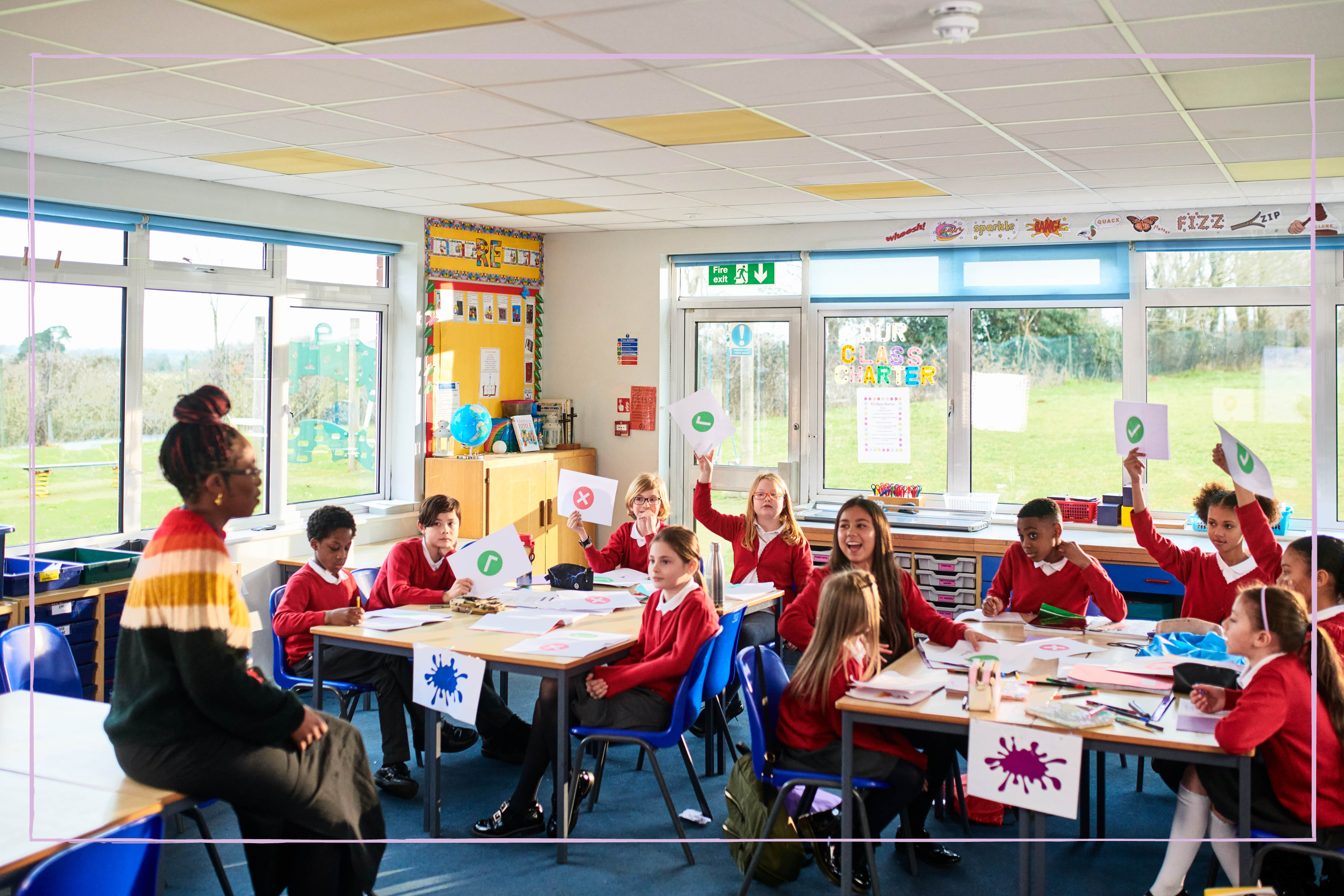
'Stark' new government figures have revealed that the number of children being excluded from school is at a record high, with a clear 'inequality' meaning certain children are more likely to be excluded than others.
While many children are gearing up to finish classes and begin enjoying their school summer holidays, thousands are already at home, missing out on vital education because they've been permanently excluded from lessons.
In a record new high, a total of 9,376 children were permanently excluded from school during the previous school year [2022/2023], a rise of 44% from the year before. The number of children handed temporary suspensions also rose over that time, with 786,961 missing out on classes for a short period.
The government figures showed a stark and clear inequality in those students who were more likely to be suspended, with the most vulnerable kids often being the ones to suffer.
More than half of all suspensions were handed out to children growing up in poverty, with children from Gypsy Roma and Traveller backgrounds, as well as from mixed white and Black Caribbean backgrounds, also being more likely to be suspended.
Male pupils were also more likely to be suspended than female students and were more than twice as likely to be expelled.
Those who were eligible for free school were also five times more likely to face permanent exclusion.
But why are these children being removed from education? According to the government report, 'persistent disruptive behaviour' was the most common reason given by schools for both suspensions and permanent exclusions. But Sam Whitfield, a former Head of Year at a secondary school, tells GoodtoKnow that this disruptive behaviour is often a symptom of students' underlying problems that schools, and the government, should deal with in the educational setting, not exclude them for.
In his Head of Year role, Sam was in charge of behaviour and pastoral care for the kids in his year group and was directly involved in deciding whether to remove a child from school. He was not shocked by the government findings and told GoodtoKnow exclusively, "This has been a storm that has been brewing for a number of years.
"There has been a long-term shortage in funding for schools to support students who may require additional support in adjusting to the rigours of school life. There has been a severe shortage of pupil spaces at alternative learning providers, meaning that students who should be accessing special schools are unable to and are being left to flounder in the mainstream setting. Schools are then left with little option but to suspend and exclude as they must be seen to maintain behaviour standards."
He added, "When I was teaching there was a near 12-month waiting list for students to be assessed and access external support for autism. Added to this is the fact that school curriculums are often not fit for purpose for these students as the school is pressured to show strong academic performance, at the expense of adjusting methods of learning or being able to provide a more tailored and supportive approach. It is like trying to fit square pegs into round holes, and then being surprised when things don't go together."
In other family news, primary school is 'costing parents £6,000' according to new research - here's 6 ways to save money. And, are you worried about school fines for holidays? Taking your kids away during term time could be a maximum £160 fine per parent. Plus, your reaction to your kid's school report impacts more than you realise - psychologist says 'get curious', here's why.







